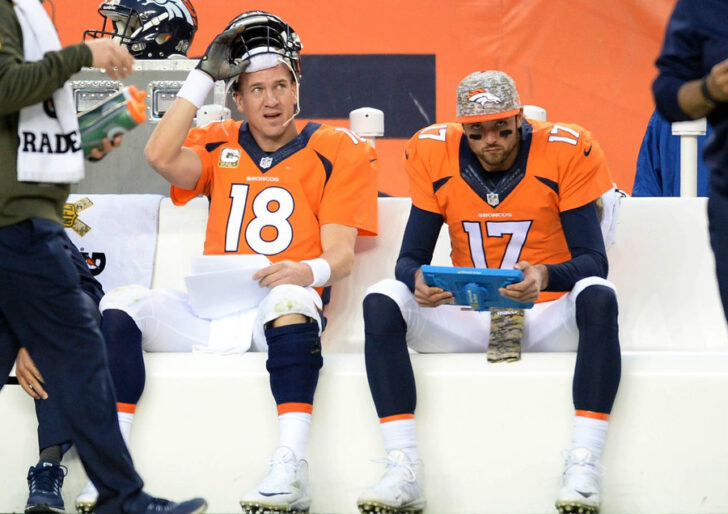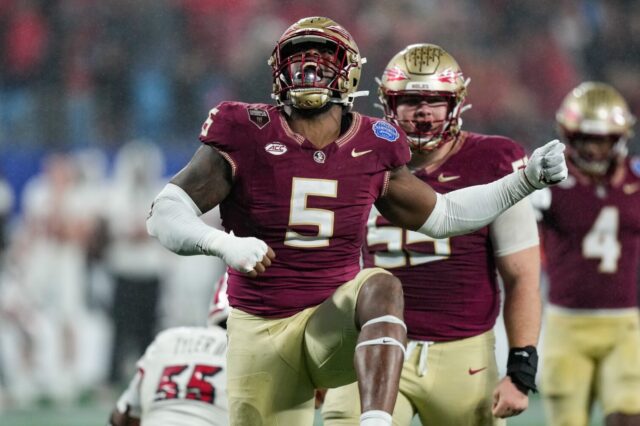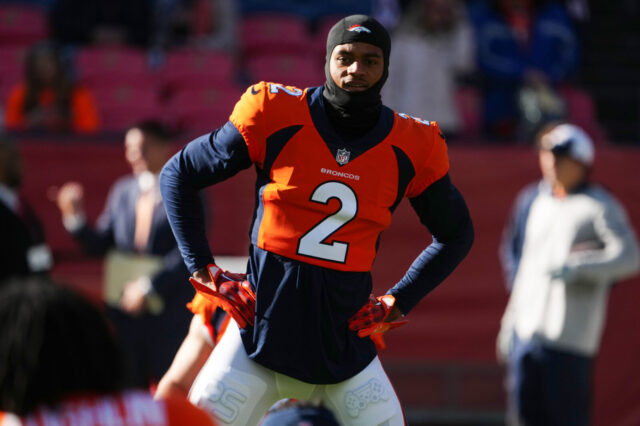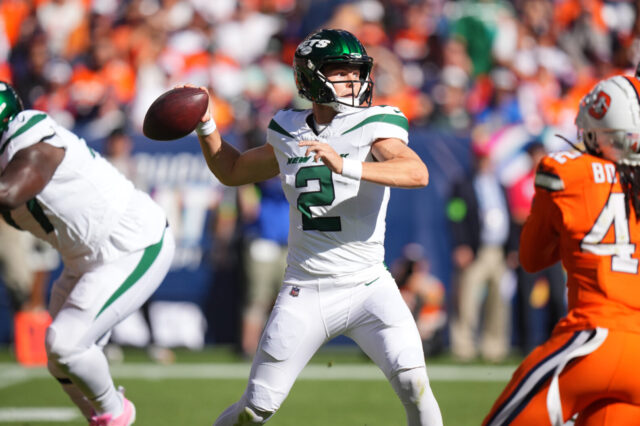Super Bowl victories tend to go a long way towards covering up a team’s weaknesses, and rightfully so. But that doesn’t mean they don’t exist.
With the Broncos historic defense, the offense was asked not to mess up, which was a lot easier said than done. The most important position on offense, quarterback, changed midway through the year and again just before the playoffs. By the time the Broncos faced off against the Steelers in the Divisional Round of the playoffs, all fans were asking for is that the offense not to blow this opportunity.
Luckily, they didn’t.
When looking at the cumulative numbers of the offense, though, it may actually show some hope, even if the numbers are pretty grave. The Denver Broncos offense ranked in the bottom half of most every major statistical category, and yet they still won the championship.
So far, this offseason has received mixed emotions from fans. From losing both starting quarterbacks from last year — Peyton Manning to retirement and Brock Osweiler to the Houston Texans — to losing two key defensive starters — Malik Jackson to the Jacksonville Jaguars and Danny Trevathan to the Chicago Bears — all while only signing two starting offensive tackles, this has many asking: Are the Broncos doing enough?
The question that should be asked instead is: How much do the Broncos actually need to do this offseason?
After losing two defensive starters, the defense has regressed a little, but with the additions of Russell Okung and Donald Stephenson, the offense has potentially gotten better as well. It may be fair to say that the offense needs to improve as much as the defense digressed for this team to be fine for next year.
So, exactly how bad was the offense collectively last season? Here’s a breakdown of the passing game, rushing game and overall offense.
Passing
The Broncos passing game was middle of the road to bottom third in nearly every single statistical category in 2016, but that’s not for lack of effort.
The Broncos had the 14th-most passing attempts (606) and followed this up with the 13th-most completions (368), the 14th-most passing yards (3970), the 13th-most yards gained per completion (11.5) and the 15th-most first downs through the air (201).
The issue for Denver was that they weren’t efficient in those attempts, completing just 60.7 percent of their passes (8th worst) and for 7-yards per attempt (11th worst).
And when it mattered most, they couldn’t convert, ranking 28th in the league in touchdowns (19) and last in interceptions (23). For comparison, the league average for passing touchdowns was 26.3.
All of these statistics accumulated gave the Broncos’ quarterbacks the second worst quarterback rating in the league (76.3). The league average was 88.4, with six teams having over 100.
To put all this into perspective, the Broncos had similar passing statistics as the St. Louis Rams, Dallas Cowboys, San Francisco 49ers, Tennessee Titans and the Baltimore Ravens. Those five teams had an average of 4.8 wins last year. To say that the Broncos passing game was not good last year may be putting it nicely.
Rushing
The Broncos rushing game was significantly better than the passing game. Unfortunately, the running game was pretty average compared to the rest of the league.
In all of the major rushing statistics, the Broncos ranked between 12th and 17th. The Broncos were 17th in attempts (411), 17th in yards (1718), 13th in touchdowns (13), 12th in yards per attempt (4.2) and 17th most yards per game (107.4).
These statistics show that the Broncos running game was not the cause for the team’s success, but it wasn’t an anchor holding them back, either.
Total Offense
After looking at both the rushing and passing games individually, it is no surprise that the Broncos offense ranked in the lower third in most categories, most importantly scoring and turnovers.
The Broncos had the 24th-highest percentage of drives (31.2%) that ended in an offensive score, and the sixth-highest percentage of drives (15.1%) that ended with a turnover.
Again, these are the types of numbers that normally have a team vying for a top-10 pick, not a Super Bowl championship. Obviously, the defense played a huge role in their eventual success, but the offense did excel in one area: the fourth quarter.
The Broncos led the league in both fourth quarter comebacks (6) and game-winning drives (6). The league average for both of these was below three. The Broncos offense was anything but special, except when it mattered the most.
It wouldn’t be easy for the Broncos to continue this model of success for the years to come; it puts too much pressure on the defense and it’s too reliant on miraculous fourth-quarter comebacks. Still, when it comes to competing in 2016, the Broncos offense still doesn’t have to be great; they just have to be better than last year.



